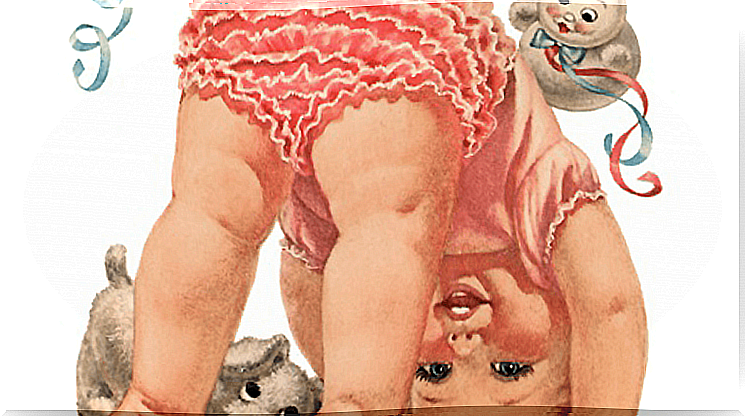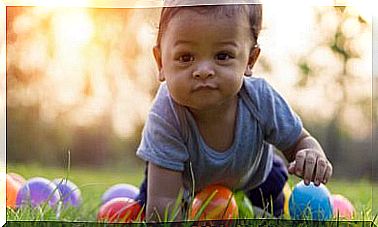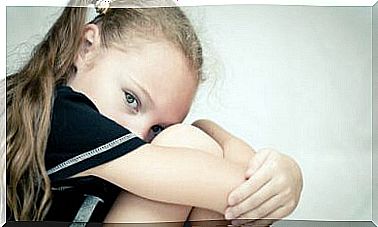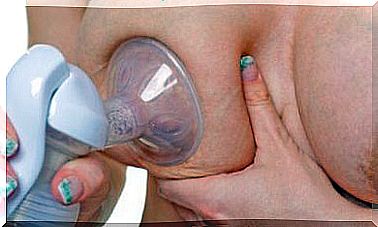Let’s Avoid Labels: Every Child Is Unique And Exceptional

This child is “slow”, your child seems “hyperactive”, “You are a bad girl”…. We need to avoid labels in our children’s education because each child has its own rhythm, its internal clock, and its wonderful individuality.
We could safely say that we have reached a point in our educational environment where the mistake of cataloging as “pathological” is made many behaviors that, by themselves, are completely normal. Labels act as self-fulfilling prophecies, let’s not forget. Therefore, we must focus our language and attitude, even patience, intuition of needs and individual attention.
In fact, we are sure that on more than one occasion the following has happened: being in a park, at daycare or at school and other mothers approaching to ask – if your child still doesn’t speak, doesn’t he pronounce the words well? Do not read? Can’t write yet?
Do not worry. This curiosity about acquiring skills is a normal thing in many of our close contexts. However, what really matters is our children. We invite you to reflect on the topic and discover some ideas that are worth clarifying.
Labeling doesn’t always help us to understand a child better
Language has a lot of power and, even if we don’t believe it, it can do a lot of harm. Let’s look at an example: It’s not the same thing to say “my kid is bad at math” as “my kid had math problems this quarter” . Most likely, if that child were to hear the first sentence, he would immediately internalize in his mind “I’m bad at math.”
On the other hand, with the expression “my son had problems with math”, we show a more adjusted and constructive reality: it is a situation to be solved and in which we must work. It is a process, not a state or a label.

Diagnoses are not the same as labels
It is clear that, on certain occasions, our children present a series of behaviors, symptoms, particular characteristics before which we need not label them, but rather a diagnosis. Knowing, for example, that our child is autistic or that he has a development problem is vital in order to be able to offer him the best strategies according to his needs.
- However, and despite receiving a determined diagnosis, we need to go beyond simple labeling. It should be noted, for example, that no child with autism is like another. Hence the need to see our children as exceptional people who will need a series of stimuli, affections and behaviors adapted to what they ask of us, not to what the “label” tells us.
- Another detail to be taken into account is the stigma that some diagnoses cause. When, once again, labels do damage. A child with ADHD (Attention Deficit Hyperactivity Disorder) is not a mischievous, clumsy, distracted, sluggish child, much less a “bad” child.
We must never let other people talk in this way around our children. The consequences that this kind of vocabulary bring are very negative.
Labels: Self Fulfilled Prophecies
If at school they tell me I’m “slow”, why should I make an effort to change if that’s what they expect of me? In most schools and in many families, labels are the order of the day. If a child is introverted and likes to have moments of solitude, it is a “weird child”. If a child is curious, smart and always has a question for every answer, it is a “restless” child.

- It is necessary to avoid this type of labeling in which there is a negative component (slow, bad, restless, clumsy, weird…)
- A label is a word that the child will internalize for a lifetime. It will serve to compare yourself with others and to convince yourself that you cannot escape this label.
- Mothers and fathers, almost unintentionally, use these labels when children do something wrong. When they break something, when they misbehave, when they are suspended from school, there is no lack of these adjectives in which there is always a negative component.
- We have to be a little more intuitive and skillful with the language. We can say phrases like: “You have to walk more carefully so that you don’t break things again”; “You behaved badly, but I expect the best from you and I don’t want you to let me down. I believe you will behave better”; “You have to work a little harder and see how you can overcome it”.
Mom and Dad, let’s avoid labels, please
Children go through many stages, through many cycles in which they will gradually mature at their own pace. We cannot make the mistake of seeing “pathologies” where only time and patience are needed. Because otherwise we run the risk that the child’s emotional development will be affected by these external pressures.
Respect, care and be patient with your children. At the same time, don’t let anyone around you make the mistake of giving him a label. Nobody deserves this.









